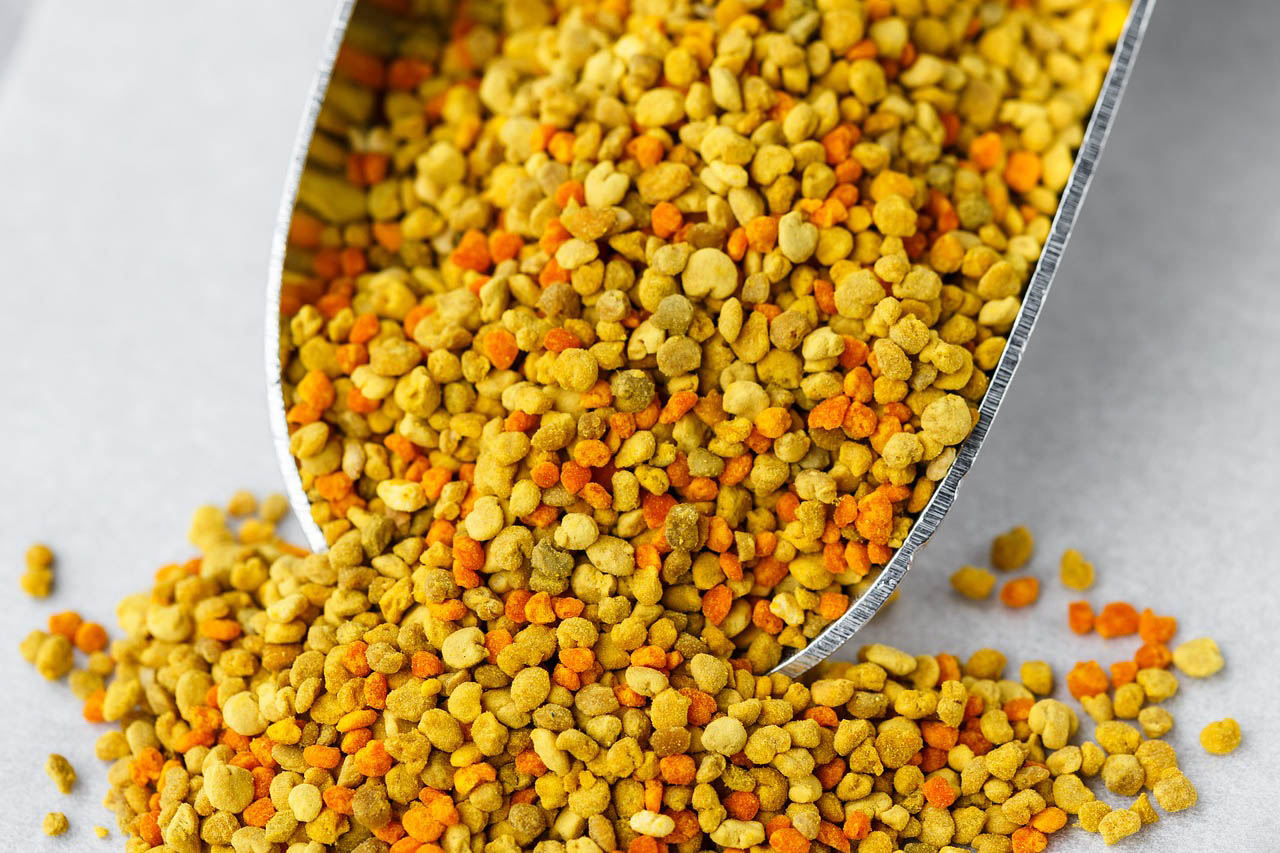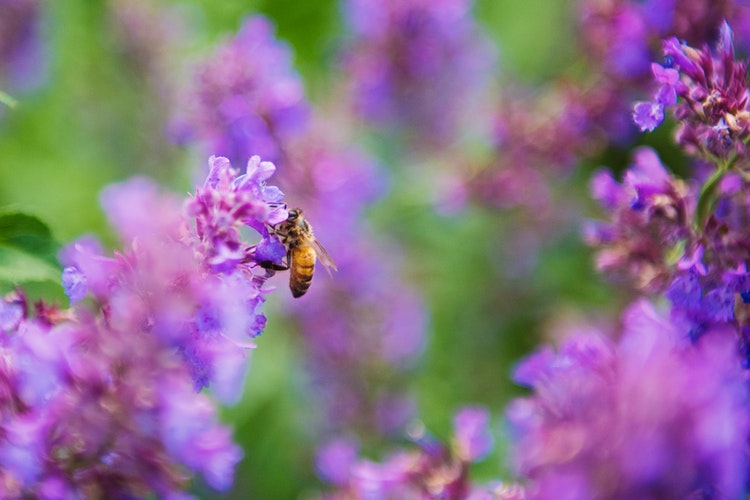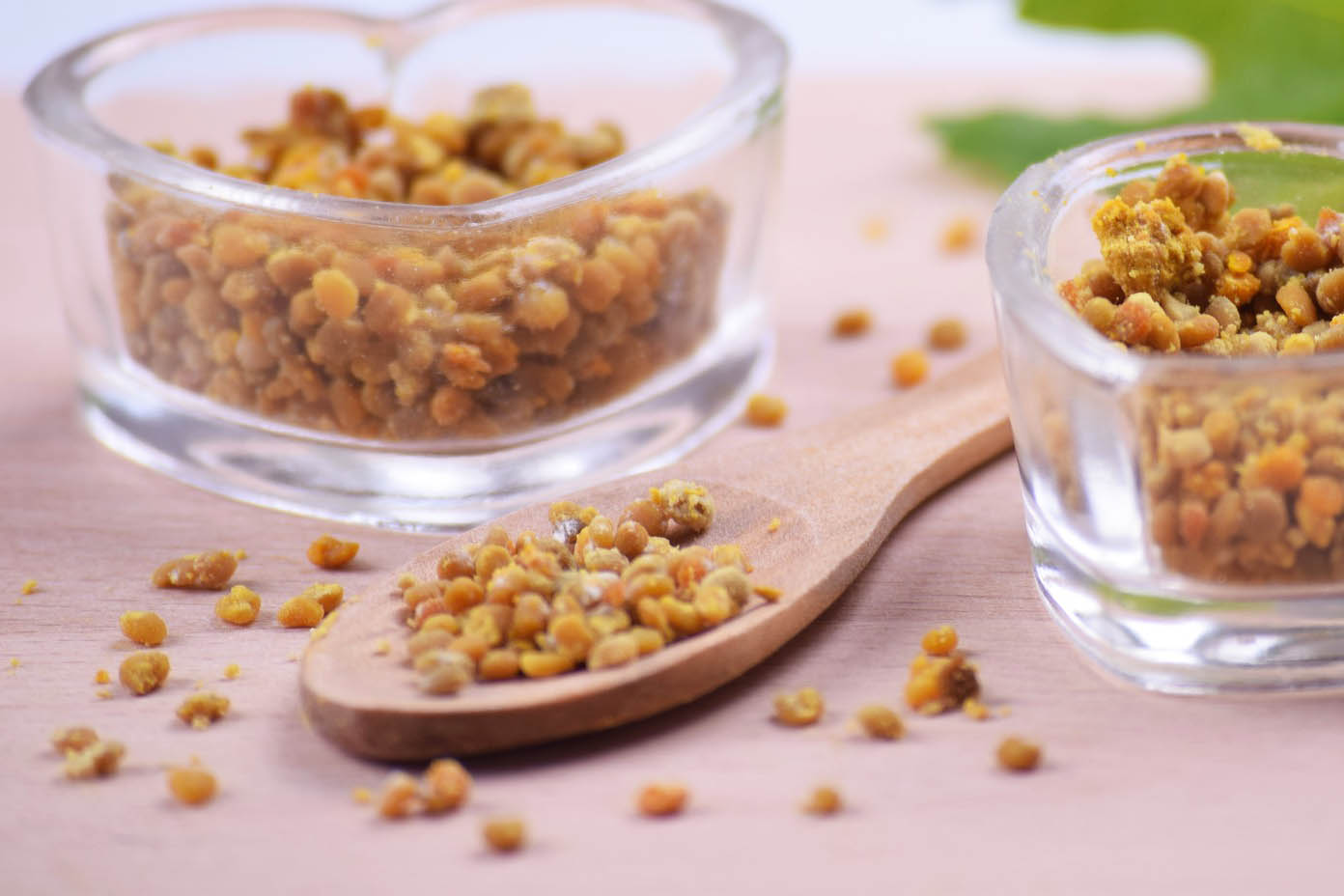Home > Lifestyle > Eats & Drinks > Bee Pollen: Uses and Benefits
Bee Pollen: Uses and Benefits
Bee pollen is becoming more popular than ever in natural medicine and health food communities, but its “superfood” status is nothing new. Since ancient times, people have been consuming bee pollen for its many beneficial properties. Ancient Egyptians used it extensively in medicine and even referred to it as “life-giving dust.” It’s also responsible for the many health benefits of honey. But what is bee pollen exactly? And what makes it so special?
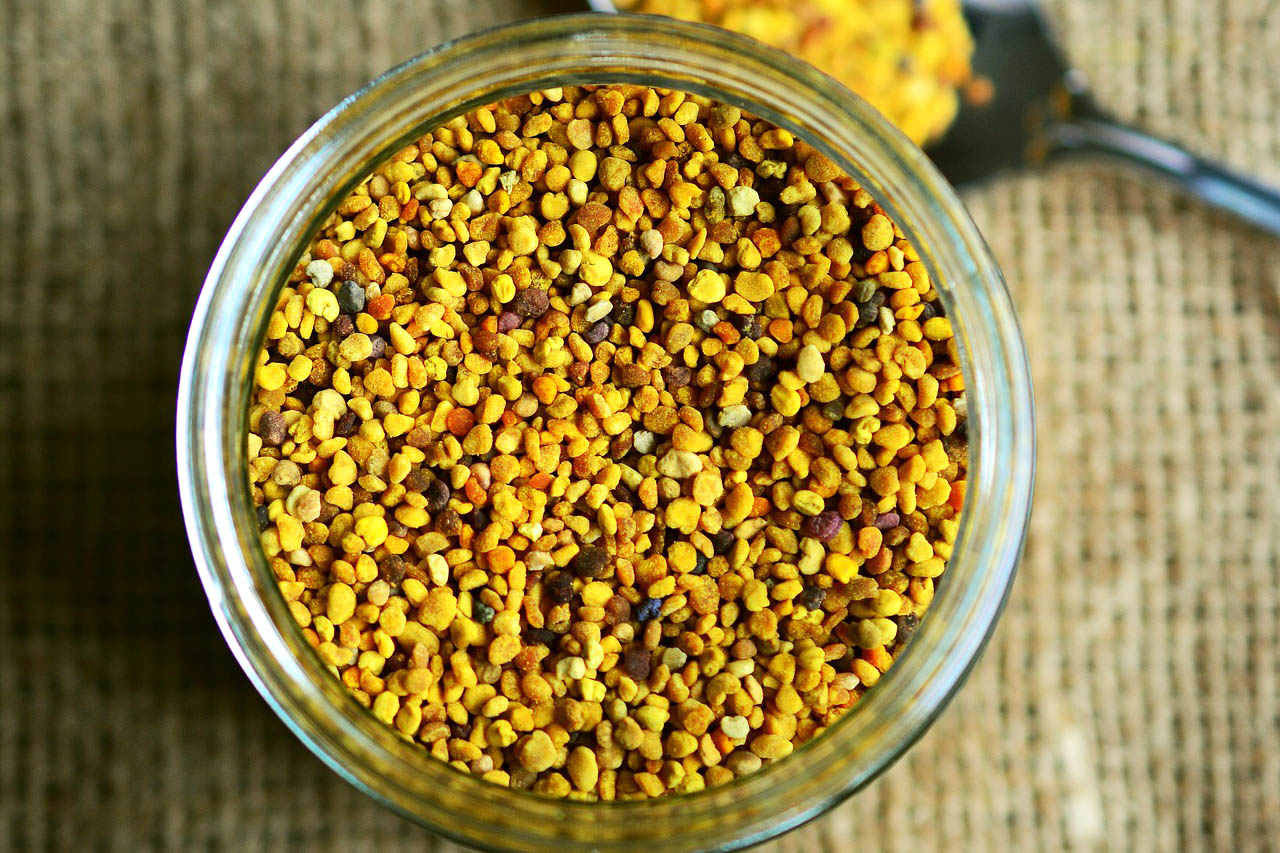
What is bee pollen?
Pollen is the seed of the male flower that is required to fertilize plants. Bee pollen, however, refers to the pollen that bees collect from plants, bring back to the hive and pack into honeycomb cells. In the hive, bees cover the pollen with a layer of wax and honey. The pollen then undergoes a fermentation process that makes the nutrients in it more readily available. The resulting product, known as “bee bread,” supplies the main source of protein for the colony.
As it turns out, this is not only great news for the bees but also for humans. As one of the oldest foods on the planet, dating back to the beginnings of flowers and bees themselves, nature has had quite a while to perfect its product. And when it comes to human consumption, the ancient Egyptians weren’t far off base about their golden, “life-giving” powder.
Take a look at some of the many impressive benefits that bee pollen may offer humans:
Boost your nutrient intake
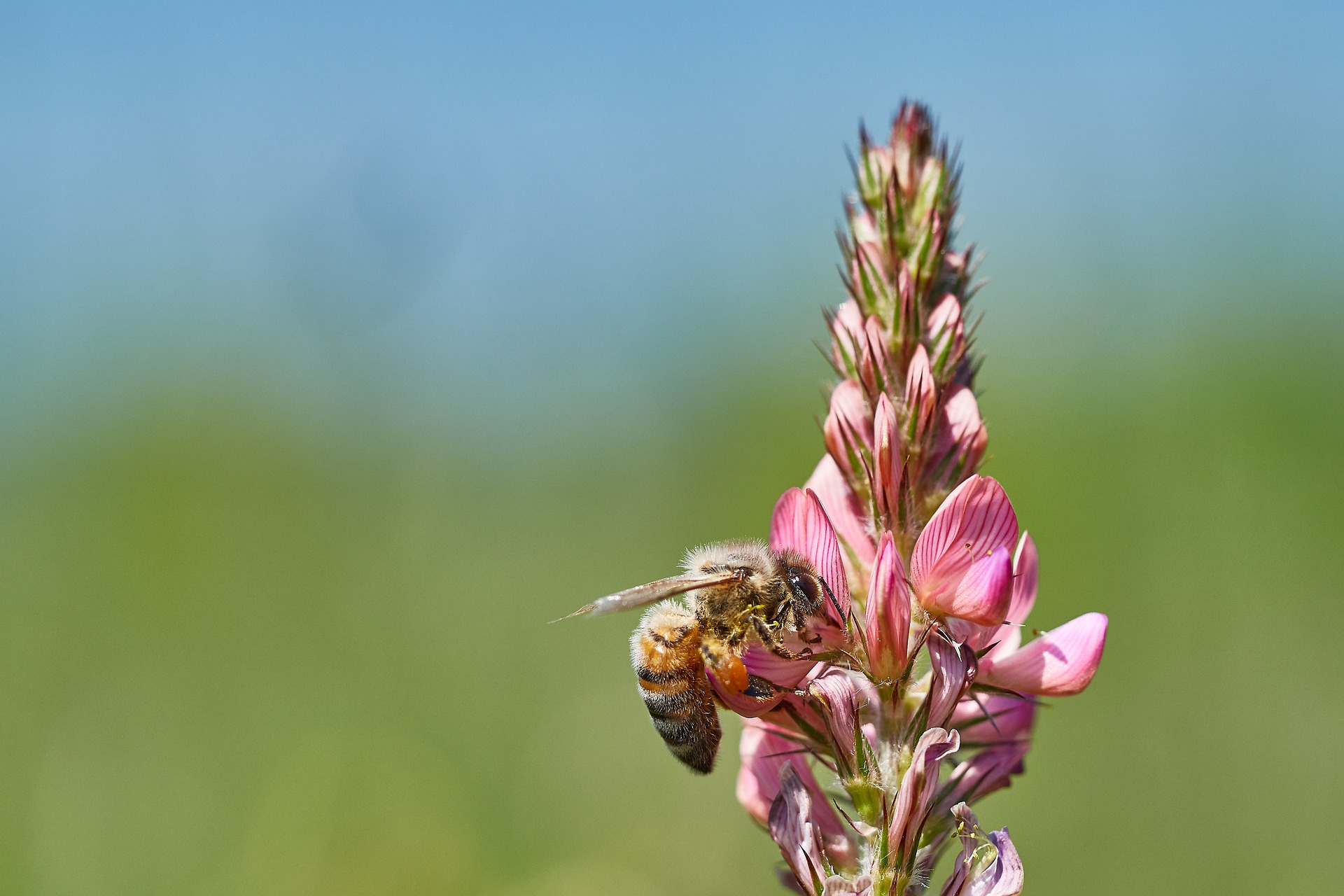
Regarded as one of nature’s most nourishing foods, bee pollen contains nearly all the nutrients that humans need, including proteins, carbs, fats, lipids, flavonoids, vitamins and minerals.
It’s also one of the best sources of complete protein out there. About half the protein content of bee pollen exists in the form of free amino acids, which are ready for the body to absorb and use immediately. In fact, when compared to other animal products of equal weight, bee pollen contains more amino acids than beef, cheese and eggs!
Relieve seasonal allergies
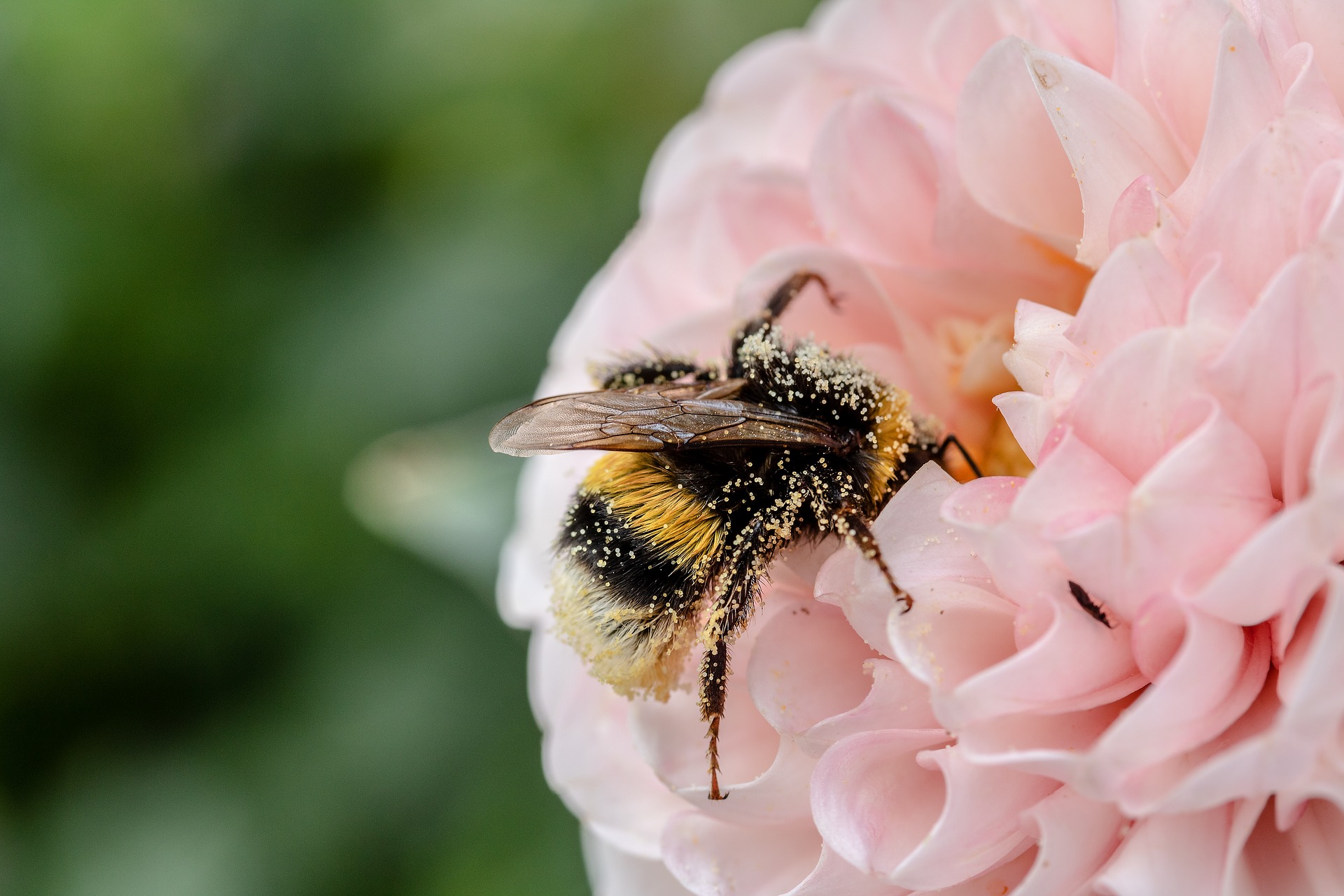
When consumed regularly at least six weeks before the onset of hay fever season, bee pollen can actually help reduce the body’s sensitivity to seasonal allergens. Because bee pollen contains small amounts of common allergens, many researchers believe that it stimulates the body’s production of antibodies to prevent an allergic reaction in the same way vaccines prevent disease.
Reduce inflammation
Bee pollen contains several compounds that have been found to reduce inflammation. One study even revealed that bee pollen reduced swelling in animals by up to 75%. Some scientists believe that the presence of flavonoids in bee pollen contributes to its anti-inflammatory properties.
Prevent cancer
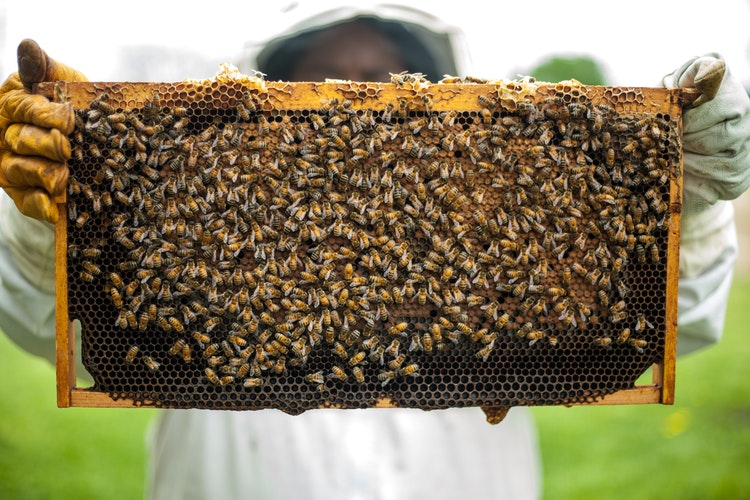
Bee pollen is full of healthy antioxidants, which protect the body’s cells against harmful free radicals that can lead to chronic diseases like cancer. However, not all bee pollen is created equal in terms of antioxidant levels. Antioxidant content depends on the pollen’s plant source, which can be difficult to determine if the specific source isn’t stated on the label.
Strengthen your immune system
In addition to a high vitamin, mineral and antioxidant content, bee pollen contains antiviral and antimicrobial properties. This helps boost the immune system and protect the body from disease.
Bee pollen uses
Now that you know a few of the potential benefits of bee pollen, how do you incorporate it into your regular diet? Its slightly sweet, floral taste makes it a versatile ingredient in a wide range of everyday recipes. Try some of these easy ideas:
- Use it as a topping for cereal, toast or yogurt
- Blend it into smoothies
- Sprinkle it on salads
- Add it to homemade granola after cooking and cooling
- Sprinkle it over popcorn
Sources: Journal of Pharmaceutical and Biomedical Analysis, HealthLine




